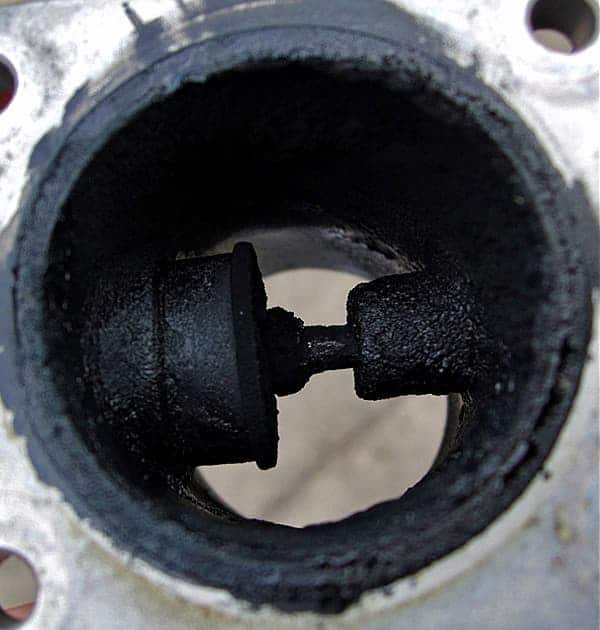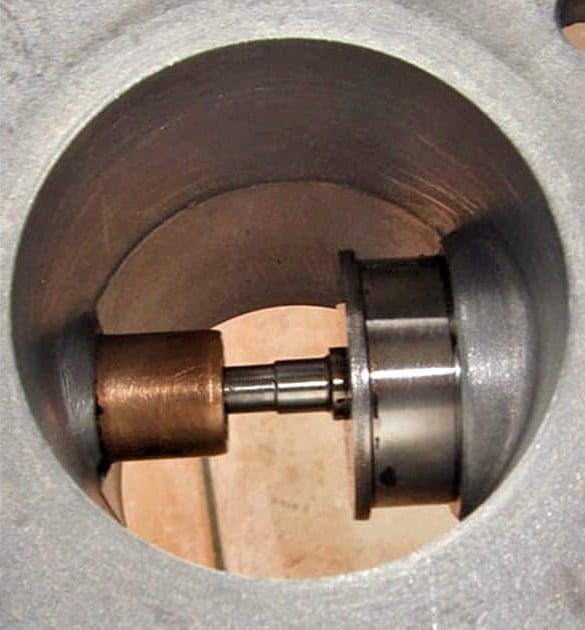EGR Valve Cleaning
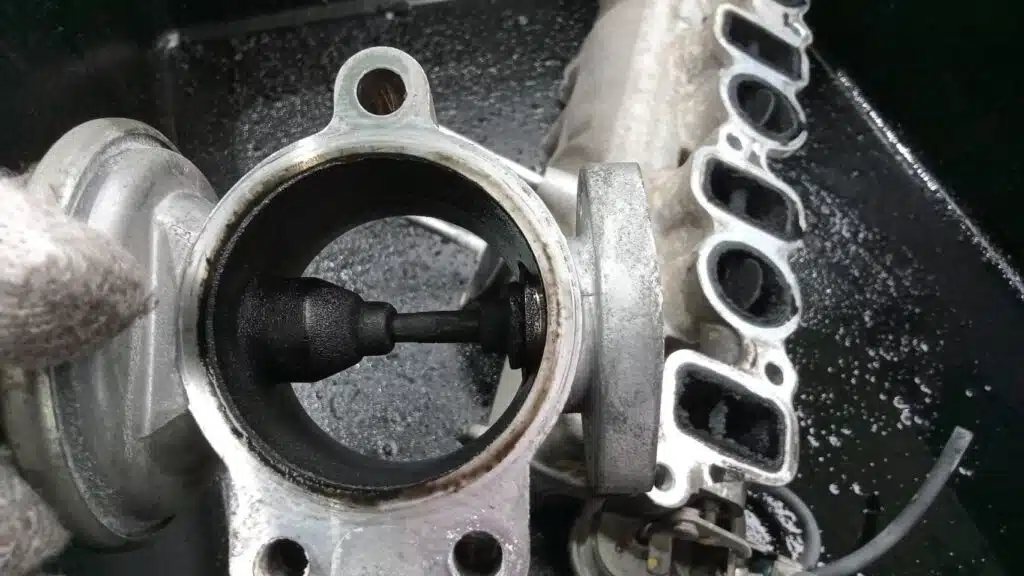
What is EGR valve cleaning?
Functioning as a crucial emission control device, this valve establishes a connection between the exhaust manifold and the intake manifold.
Its primary purpose is to regulate the quantity of nitrogen oxide (NOx) emissions produced as byproducts during the combustion process
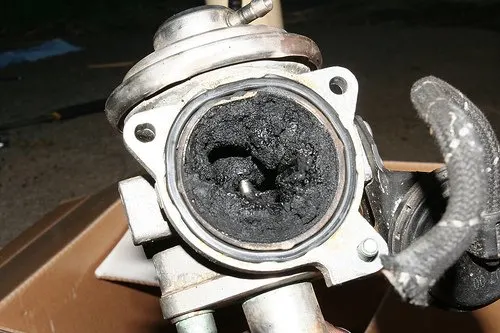
How do EGR systems work?
In this context, the EGR system takes on a crucial function. By redirecting certain exhaust emissions back into the chamber through the intake manifold, the EGR system effectively diminishes the temperature within the engine's internal combustion chamber. Consequently, this aids in the reduction of NOx emissions. The EGR valve, a pivotal component of the EGR system, assumes a significant role in facilitating this entire process.
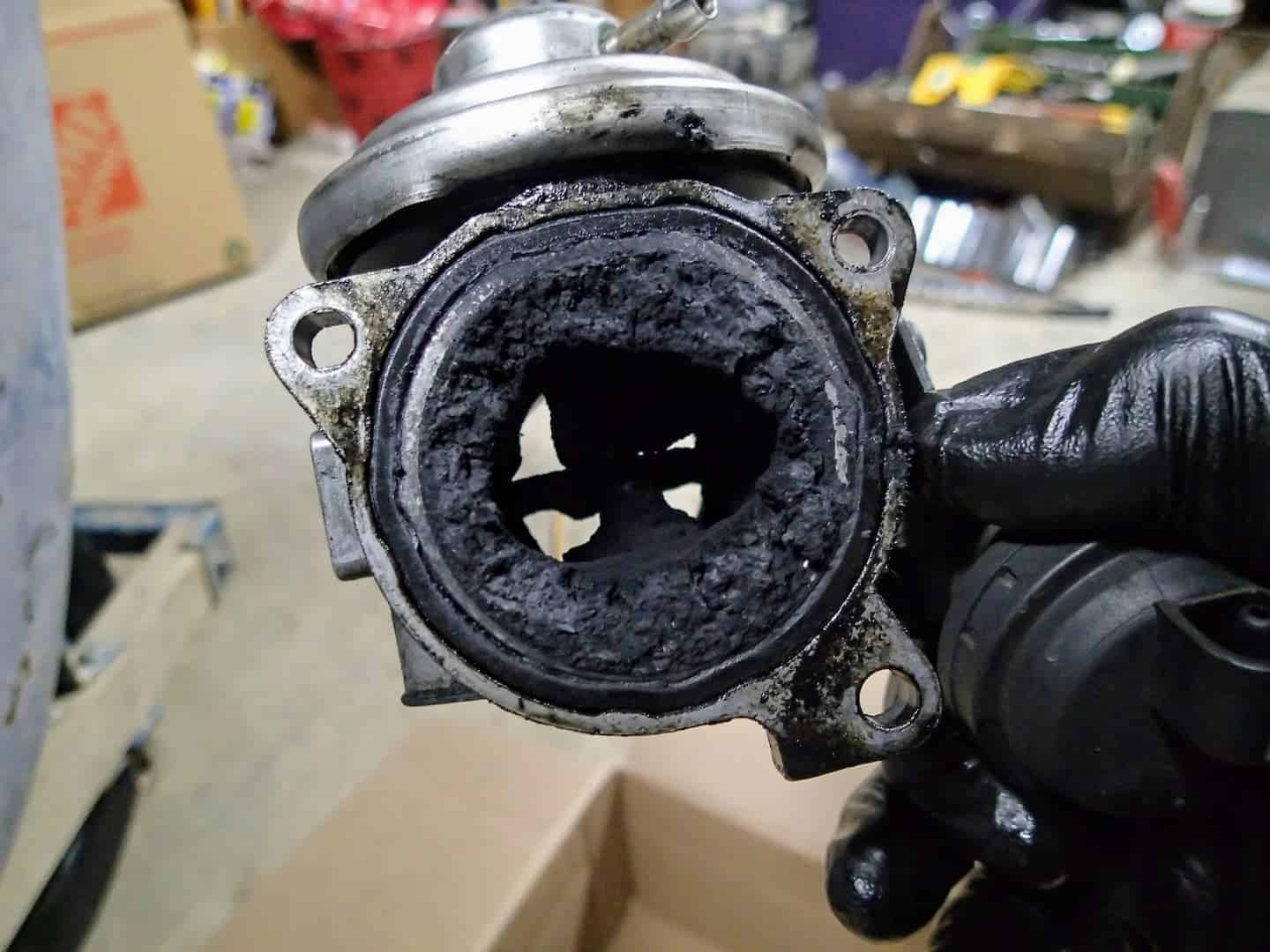
Reasons for damaged EGR valves
- Wear and Tear: EGR valves undergo continuous wear and tear, accelerating their deterioration over time, especially as they operate in challenging conditions.
- Hindered or Restricted EGR Pipe: The EGR pipe, which is part of the air intake manifold, can lead to valve damage if obstructed. Contaminants like sludge and soot in exhaust emissions accumulate over time, clogging the pipelines.
- Faulty Temperature or Airflow Sensors: Damage can result from a faulty temperature or airflow sensor. Carbon build-ups on the temperature sensor can make it malfunction, disrupting communication with the valve and potentially causing damage.
- Sticky EGR Valve: Pollutants that clog the EGR pipe can contaminate the valve, causing it to become stuck in various positions (closed, open, partially closed, or partially open).
- Closed Valve: A valve stuck in a closed position prevents proper exhaust gas recirculation, leading to increased engine temperature and potential knocking noises.
- Open Valve: If the valve is stuck open, excessive exhaust gases enter the engine, causing rough idling in the vehicle.
- Vacuum Supply or Electrical Issues: Problems with vacuum supply for vacuum-operated valves or electrical issues for motor-operated valves can contribute to EGR valve damage.
- Faulty or Missing EGR Gaskets: Damaged or missing EGR gaskets, along with issues such as restricted catalytic converters, intake leaks, dirty air filters, damaged switching valves, improper vacuum hose connections, damaged turbochargers, and faulty diesel particulate filters, are common reasons for EGR valve damage.
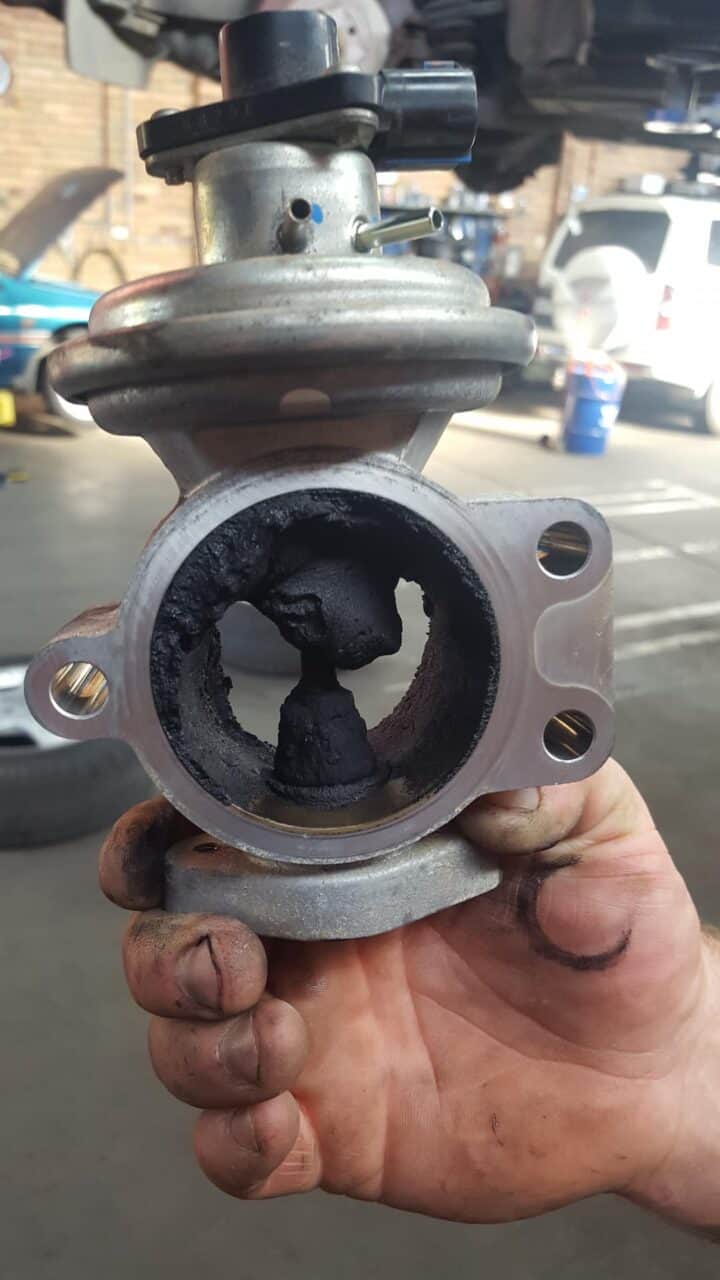
Symptoms of a faulty EGR valve
Here are some common indicators of a faulty EGR valve:
-
Rough Idling: If the EGR valve remains open, causing more exhaust gas recirculation than usual, the vehicle may idle roughly. Extended occurrences may even lead to stalling.
-
Illuminated Check Engine Light: The activation of the check engine light could signal a malfunctioning EGR valve.
-
Engine Vibration: A damaged EGR valve may result in the engine vibrating more than usual.
-
Decreased Vehicle Efficiency: If you observe a drop in your vehicle’s mileage or notice increased fuel consumption, it could be an indication of a faulty EGR valve.
-
Burnt Smell: A burnt smell of fumes or gases may suggest a problematic EGR valve.
-
Poor Acceleration: Difficulty starting the car or experiencing poor acceleration while driving might point to a damaged EGR valve.
-
Tapping Noise: Overheating of the internal combustion chamber due to clogged passages can lead to knocking or tapping noises, which may indicate a faulty EGR valve.
-
Increased Emissions: Erratic engine performance and an increase in nitrogen oxides emissions may signal a problematic EGR valve.
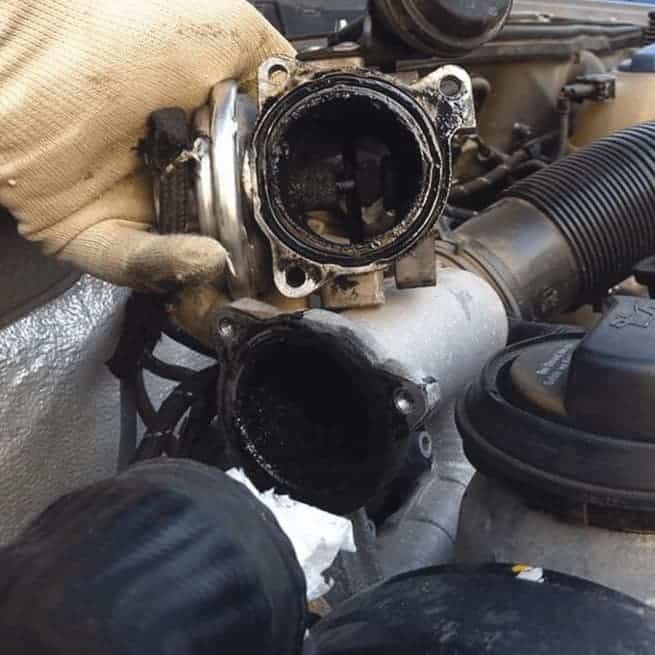
Our EGR Valve Cleaning process
Your vehicle will undergo our EGR Valve Cleaning procedure. It will take at least 3 hours to complete the process.
Manual cleaning
Once the EGR valve is located and removed, we will manually scrap or wire brush the carbon buildup from the valve and the intake manifold.
Chemical cleaning
We make use of chemical cleaners to deeply clean the EGR valve and reach internal components, as well as the intake manifold.
Hydrogen carbon cleaning
After reinstalling all the components, a hydrogen carbon clean of your engine will be performed to maximise the quality of our treatment.
Oil replacement
The dirt and soot removed by the previous processes will have contaminated the oil. We will replace it with quality new oil.
Ready to Carbon Clean?
Most car manufacturers recommend cleaning the EGR valve using an EGR cleaner every 50,000 Km drive of your vehicle.
This cleaning is necessary for controlling emissions as well as for maintaining engine performance and fuel economy.
